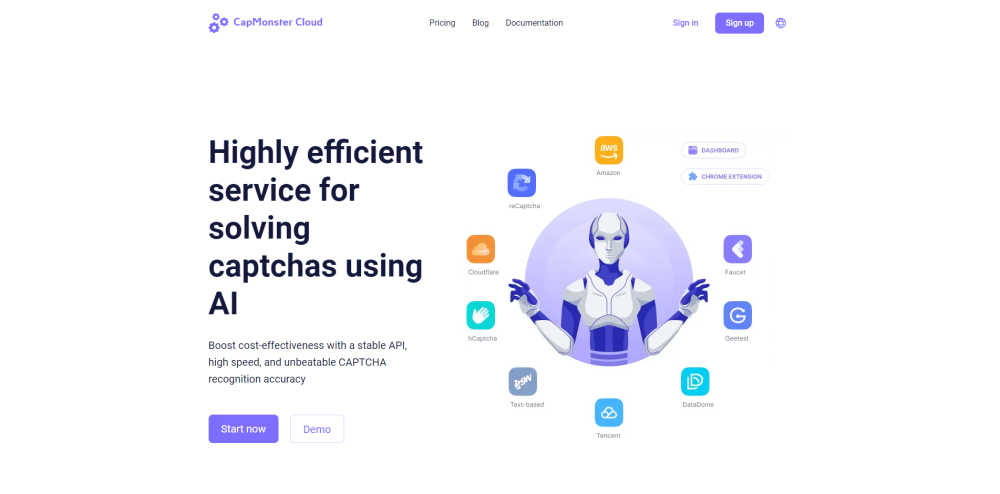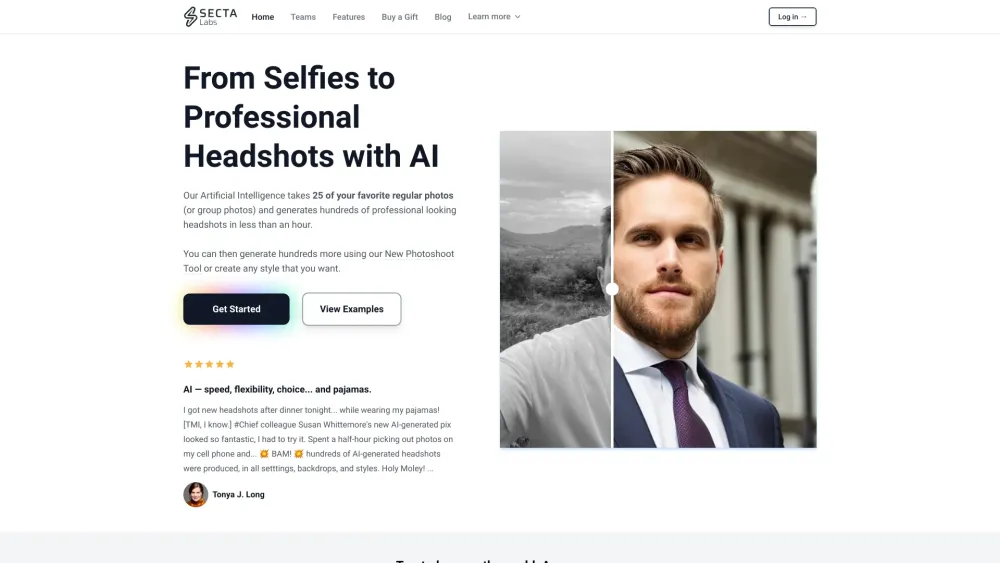As interest in generative AI rapidly increases, so does the volume of patent applications aimed at safeguarding this transformative technology. Interestingly, the leading company in this arena is neither OpenAI, the creator of ChatGPT, nor Google, famous for its pioneering Transformer technique. Not even Microsoft, OpenAI's strategic partner, secures the top spot. Instead, it’s IBM, the long-established titan of Big Tech, renowned for its historic Deep Blue computer, which famously triumphed over a world chess champion in 1997.
Recent research by IFI Claims Patent Services reveals that IBM holds an impressive 1,591 patent applications related to generative AI. This figure surpasses Google's submissions by a third and is more than twice the number filed by Microsoft. Patent applications serve as a crucial gauge of which technologies are currently “in vogue” and worthy of protection, reflecting the competitive landscape in the tech industry.
The compound annual growth rate of generative AI patent applications has surged by 31% over the last five years, while granted patents have increased by 16%. Despite appearing as a recent innovation, the foundational technologies of generative AI have existed for many years. Notably, generative AI encapsulates about 22% of over half a million AI patent applications filed in the last five years. This trend indicates a clear drive among companies to occupy patent space in this burgeoning field.
The primary focus of generative AI patent applications centers on computing arrangements derived from biological models, particularly those connected to healthcare, ecology, microbiology, and virology. A compelling example includes the development of a virtual heart to forecast cardiovascular disease. Following closely behind in priority is the field of pattern recognition.
IBM’s longstanding reputation as a prolific patenter continues. Since 1993, the company has only once fallen short of leading in patent awards, losing to Samsung in 2022. In the realm of generative AI, IBM has concentrated its efforts on developing applications encompassing video, text, speech, and image outputs through its watsonx AI platform.
Ronald Kratz, CEO of IFI Claims, emphasizes the significance of patents in the tech landscape: “With any powerful, emerging technology, patents are a strong indicator of which companies will dominate the space down the road. Investors should take note of the corporations protecting inventions in promising new areas.”
The situation for OpenAI is intriguing. Despite its influence and the widespread recognition of ChatGPT, the organization does not rank among the top ten applicants in the generative AI patent landscape, nor does it even appear in the top 25. According to IFI Claims, OpenAI has filed fewer than five patents, a surprising statistic for a knowledge-centric organization engaged with large language models and transformer architectures utilizing artificial neural networks.
Other companies have pursued GPT-related patents as well, including IBM, Microsoft, Salesforce, and Adobe. For instance, Salesforce received a patent for spatial-temporal reasoning through pretrained language models, while other firms like Nvidia and Apple focus on more specialized areas, such as innovations in speech technology.
Several factors may account for OpenAI's limited patent filings. It’s possible that more patents are currently being developed or that the organization prefers to safeguard its intellectual property as trade secrets, similar to its approach in keeping the architecture of models like GPT-4 under wraps.
The dynamic landscape of generative AI patent applications reveals an intricate interplay of innovation, competition, and strategic decision-making among major tech players. As the industry evolves, the race to secure intellectual property rights will undoubtedly shape the future of generative AI technology.





